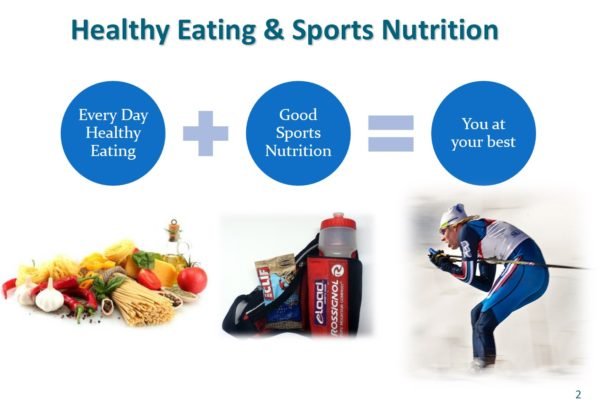- It is important for endurance athletes to follow a daily, nutritious diet rather than following it just before the event or a competition. The athlete needs to be hydrated and sufficiently fuelled before training and exercise. The nutritional needs must be met after the exercise for quick and good recovery.
- Athletes typically give importance to their work, school, and training sessions while the time and energy needed to plan nutritious are usually at the bottom in the matter of choices. The food and exercise schedule should ideally complement each other so that the athletes derive maximum benefit. The exhaustion and loss of appetite sometimes felt by athletes should be treated with good nutritious food on a regular basis.
- Endurance athletes should be educated during training about their food and fluid choices so as to prevent dehydration and hyponatremia, especially pertaining to weather conditions. They should experiment with their food and beverages during training so that their gastrointestinal tract is not disturbed during a competition leading to problems and embarrassment. They should get adequate fluid and sodium before, during, and after exercise.
- Endurance athletes, especially women, training at high altitudes for a longer period need to increase their intake of iron-rich foods. They should also take iron supplements under the guidance of a healthcare professional.
- Vegetarian athletes need to be guided into making healthy, nutritious food choices so that they may get sufficient calories, protein, iron, zinc, calcium, and Vitamin B12.
- The athletes along with their nutritionist should finalize their fluid and food choices depending upon accessibility, portability, palatability, and tolerance which can be decided through trial and error during training.
- The extreme weather conditions that athletes sometimes face need to be taken into consideration while planning their meals and fluid intake. Exercising in heat, cold, or at altitude changes the diet plans. Also, the discomfort of making bathroom stops during an event results in athletes neglecting their fluid intake.
- Women endurance athletes should be educated about the female athlete triad so that if they face irregular menstrual periods or amenorrhea, they should immediately seek professional advice. The unhealthy eating habits because of the low self-esteem of women athletes need help because only supplements are not enough.
- Endurance athletes, especially women athletes, suffer from eating disorders due to low psychological and physical self-esteem but this is treatable if detected early and complete recovery is possible.
The sports nutritionist needs to be available and in constant touch with the athletes who are under his care so that the monitoring of their eating and drinking schedules and habits is possible. They can also be modified according to the training schedule, the weather conditions, and the altitude.
About the author: Avni Kaul is the most trusted Nutritionist in Delhi , India and a wellness coach. She is a certified nutritionist as well as a Diabetes Educator and specializes in weight management, child nutrition, skin and beauty health, thyroid disorder, cardiovascular health, diabetic management, wedding nutrition, sports nutrition, and corporate wellness.


